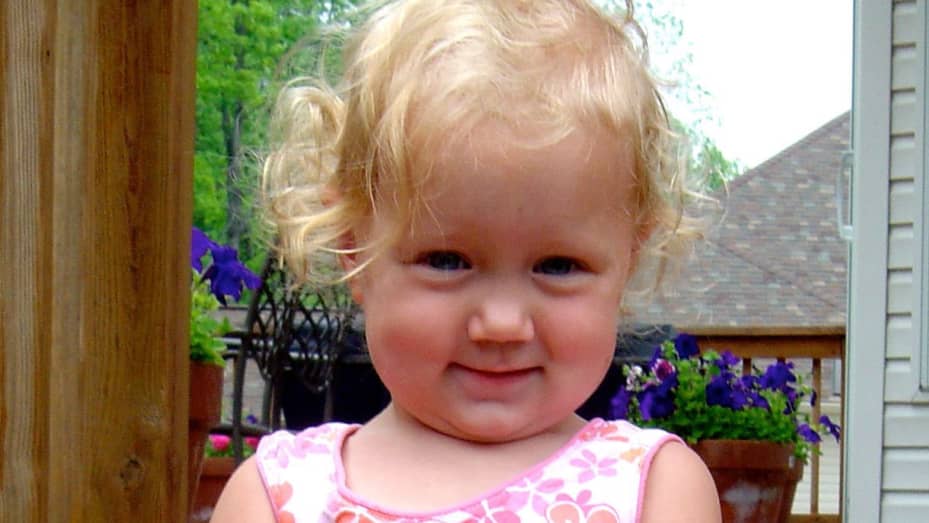In Thee We Trust
"Currently, deaths caused by errors are unmeasured and discussions about prevention occur in limited and confidential forums, such as a hospital's internal root cause analysis committee or a department's morbidity and mortality conference.""These forums review only a fraction of detected adverse events and the lessons learned are not disseminated beyond the institution or department."Johns Hopkins researchers, U.S. hospitals"If there are as many wrongful deaths as the research suggests, many claims for compensation will follow, along with a revolution in medical procedures.""Negligent physicians and hospitals will face high medical malpractice insurance premiums while those who observe high standards will see their fees decline.""Most importantly, by getting the incentives right the medical culture will begin to change, from one that looks the other way when someone meets a premature end to one that vigilantly enforces and enhances high standards."Lawrence Solomon, executive director, Consumer Policy Institute
 |
| McGill Office for Science and Society |
Research emanating from leading institutions' researchers point out a rate of accidental death in health care outstrips the estimate of the National Safety Council of the U.S. Bureau of Labor Statistics which concludes that construction is the most dangerous industry in the United States. The 1991 Harvard Medical Practice Study in 1991 published a groundbreaking study that identified "Adverse Events and Negligence in Hospitalized Patients".
In it came the shocking news that the U.S. health-care industry gave little attention to the unexpectedly high rates of medical error. Since then, similar findings were published by the Institute of Medicine, the Inspector General, and Johns Hopkins University School of Medicine in the United States, and the Canadian Medical Association Journal in Canada. Published close to 20 years ago the CMAJ study estimated errors led to up to 23,750 preventable hospital deaths.
"One in 17 hospital patients are harmed by mistakes that sometimes turn deadly", read part of an expose published months earlier. A recent Second Street study stated that close to 2,100 patients died in Ontario alone last year while awaiting surgery. Properly prioritized for surgery with hospital resources available when needed, many if not most of those patients might still be alive.
In Canada, a shortfall in hospital capacity hasn't been caused by insufficient investment. Canada spends more on health care per capita as a percentage of GDP than any other OECD country which provides universal health care; 25% more than the OECD average. Despite which, Canada ranks close to the bottom in terms of physicians, hospital beds and equipment like MRI units and CT scanners.
 |
| Medical errors include preventable complications, diagnostic errors and communication breakdowns. (ChaNaWiT/Shutterstock) |
Canada's medical system is heavily bureaucratized, heavily regulated. The Canadian health-care system is inefficient. Health care requires less bureaucracy and regulation, and greater accountability to enable medical resources to save lives. Needless death analyses in both the U.S. and Canada isolate a culture of secrecy. Dr. Ross Baker, professor emeritus at the Dalla Lana School of Public Health at University of Toronto speaks of an additional hurdle; politicians shunning accountability.
"I don't think politicians want to see this. [What exists is] a formidable blanket of secrecy, [where] nothing the nurses or doctors tell [investigators] about what had occurred that day will ever be made public." Such estimates fail to count needless deaths that occur in out-patient care at ambulatory surgical centres, in nursing homes, at medical clinics, or at home. Nor do they count what are untold numbers of cases where preventable medical injuries brushed the cusp of death.
Failure of regulation despite government's control over health care has been ignored for the most part. "Research has suggested that the amount of error in health care may not have changed" the academic journal BMJ Quality and Safety reported.
The current system of "self-regulation" within colleges of physicians and surgeons could be countered were health-care regulation to be geared to exposing poor practices and incompetence. Physicians regulating themselves makes little sense. Self-regulation incentives are wrong; doctors admitting their or their institution's failings would affect their reputations and by default their medical malpractice insurance premiums.
A necessary first step in making the health-care system accountable is the measurement of medical deaths, requiring the category of "medical error" to be available when filling out death certificates. A lack of proper identification of why and where patients died, poor practices by physicians and hospitals cannot be rectified without proper identification. Additionally, an "adverse events reporting system" should be established to enable people close to the deceased to report possible wrongful deaths.
 |
Emily Jerry was two
years old when she lost her life after a pharmacy technician filled her
intravenous bag with more than 20 times the recommended dose of sodium
chloride. Courtesy of Chris Jerry |
Labels: Hospital Misadventures, Medical Errors, Patient Morbidity

0 Comments:
Post a Comment
<< Home